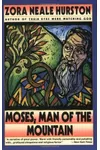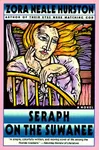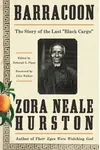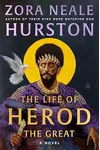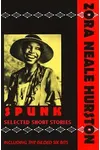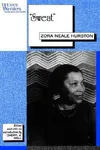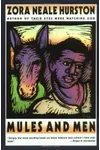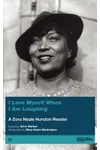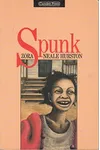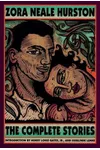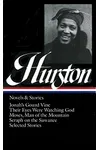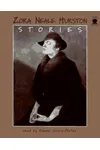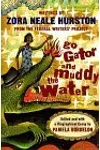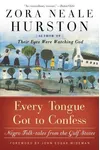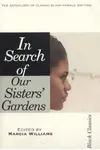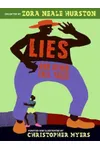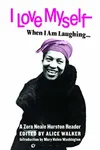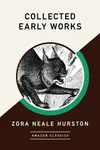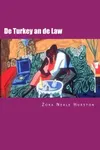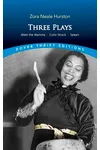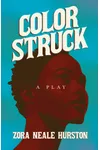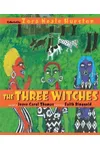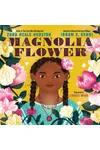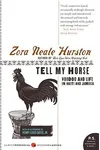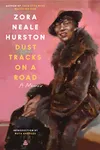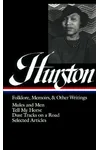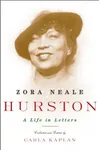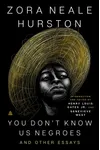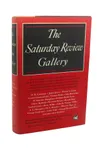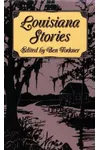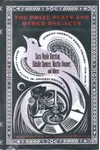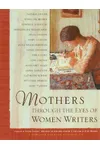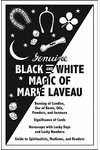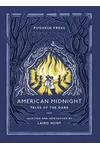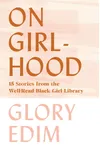Picture a storyteller who spun tales of Black life with wit, heart, and unapologetic flair—meet Zora Neale Hurston! Born in 1891, this African American author and folklorist brought the vibrancy of the South to life, becoming a cornerstone of the Harlem Renaissance. Her novel Their Eyes Were Watching God and her preservation of African American folklore cemented her as a literary legend whose voice still resonates.
With a knack for capturing the rhythms of everyday speech and a fearless exploration of race, gender, and identity, Hurston’s work feels as fresh today as it did decades ago. Ready to dive into her world? Let’s explore the life and legacy of this trailblazing writer!
The Making of Zora Neale Hurston
Born on January 7, 1891, in Notasulga, Alabama, and raised in Eatonville, Florida—one of the first all-Black incorporated towns in the U.S.—Zora Neale Hurston grew up surrounded by community pride and storytelling. Her mother, a schoolteacher, encouraged her creativity, while her preacher father shaped her ear for powerful oratory. After her mother’s death when Zora was 13, she faced hardship, working odd jobs and navigating a fractured family. Yet her ambition led her to Howard University and later Barnard College, where she studied anthropology under Franz Boas, igniting her passion for folklore.
Hurston’s early writing blended her academic roots with her love for Southern Black culture. By the 1920s, she was a rising star in New York’s Harlem Renaissance, rubbing shoulders with Langston Hughes and other luminaries. Her bold personality and distinctive voice set her apart, paving the way for her literary breakthroughs.
Zora Neale Hurston’s Unforgettable Stories
Hurston’s writing is a love letter to Black Southern life, infused with humor, resilience, and lyrical prose. Her masterpiece, Their Eyes Were Watching God (1937), follows Janie Crawford’s journey of self-discovery and love, blending vivid dialogue with profound themes of independence and identity. Critics initially overlooked it, but the novel later became a cornerstone of American literature, celebrated for its rich portrayal of a Black woman’s inner life.
Other notable works include Mules and Men (1935), a groundbreaking collection of African American folklore and oral traditions, showcasing Hurston’s anthropological expertise. Jonah’s Gourd Vine (1934), her debut novel, explores the complexities of Black family life, while Seraph on the Suwanee (1948) tackles race and class through a white Southern lens. Hurston’s style—rooted in authentic dialects and cultural nuance—made her stories feel like conversations with old friends.
Her work wasn’t just fiction; it was preservation. By documenting Black folktales, songs, and hoodoo practices, Hurston ensured that marginalized voices were heard, challenging stereotypes and celebrating her heritage with pride.
Why Zora Neale Hurston Matters
Zora Neale Hurston’s impact transcends literature. As a Black woman writing in a male-dominated, often racially hostile world, she carved out space for authentic stories that centered Black experiences. Her work influenced writers like Alice Walker, who revived interest in Hurston in the 1970s, and Toni Morrison, who echoed her lyrical depth. Hurston’s anthropological contributions also shaped cultural studies, preserving traditions that might have been lost.
Today, Hurston’s legacy thrives in classrooms, book clubs, and adaptations like the film version of Their Eyes Were Watching God. Her fearless individuality and celebration of Black joy continue to inspire readers and writers to embrace their own voices. She wasn’t just a writer—she was a movement.
About Zora Neale Hurston
- Born: January 7, 1891, in Notasulga, Alabama
- Key Works: Their Eyes Were Watching God, Mules and Men, Jonah’s Gourd Vine
- Died: January 28, 1960, in Fort Pierce, Florida
- Notable: First Black woman to graduate from Barnard College
Snag Their Eyes Were Watching God and dive into Zora Neale Hurston’s vibrant, soul-stirring world! Her stories are a celebration of life, love, and the power of finding your voice.


